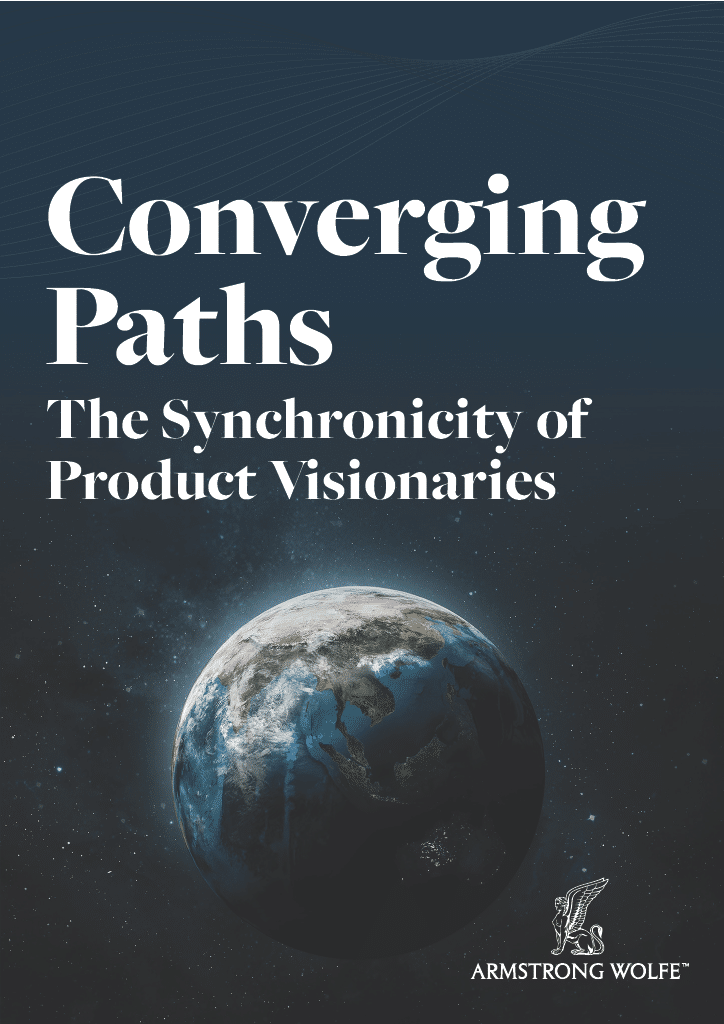“My professional ambition? To be a COO”. The road to accreditation for business management
Armstrong Wolfe’s mission is to make the COO role a globally recognised, accredited profession, and in doing so, make it a go-to career destination. This will manifest itself in The Institute of COO Professionals (iCOOP).
Outline
Other disciplines within the banking community: compliance, risk management and finance, for example, reference their expertise through an accreditation andaligned qualifications. The COO operates as a peer to the Chief Compliance Officer (CCO), Chief Risk Officer (CRO)and Chief Financial Officer (CFO), and yet has no formal training or accreditation to crystallise its role as a recognised profession of equal standing. However, the COO mandateis equal in impact and influence in running a business, andarguably far broader and more diverse in its responsibilities.
With two decades of experience working in partnership withthe COO community, when we committed to this mission, we were confident in assuming that no specific training, be this external or internal, existed to support the development of business managers. As a company, we have regularly noted that the career route to being a global COO is not a linear journey. It has also been shown in many of our surveys that the background of one COO to another varies significantly, indeed you could say their only comparable and consistency is this inconsistency. Conversely, it is generally understood that diversity in experience is a key factor in making a COO effective.
We still believe there is no linear route from entrant into business management to executive COO but equally we believe there are common disciplines and building blocks that will enable you to be effective in business management at all levels, the DNA of all COOs. We acknowledge that responsibilities of a COO from one firm to another can be very different, but within this variety you do find shared aims and responsibilities. Some will argue that a business management degree or an MBA are relevant academic qualifications that would place you in good stead when entering or advancing in business mmanagement, and indeed we would promote both in this context. You can take aspects of this learning and apply them to your day to day when in business management, but they are not specific to, and certainly do not cover, the breadth or uniqueness of the role of a banking business manager or COO.











